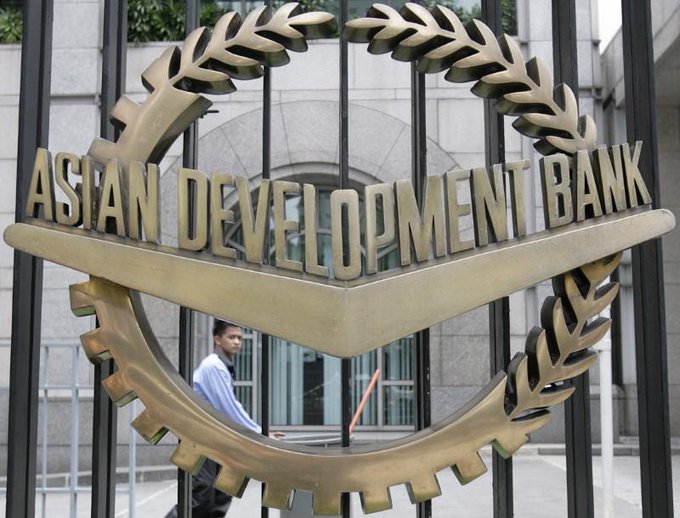Afghanistan Signs Agreements to Construct Hospitals, Procure Medical Supplies Financed by ADB
Afghanistan President Mohammad Ashraf Ghani today witnessed the signing of three agreements totaling $23.95 million financed by the Asian Development Bank (ADB) to construct hospitals and procure essential medical supplies to support Afghanistan’s national health system response to the coronavirus disease (COVID-19) pandemic.
The agreements were signed by the Acting Minister of Public Health Ahmad Jawad Osmani and representatives of the Housing Construction Corporation, the United Nations Children’s Fund (UNICEF), and the World Health Organization (WHO) at a ceremony in Kabul attended by President Ghani, the First Lady of Afghanistan Rula Ghani, First Vice President Amrullah Saleh, Second Vice President Sarwar Danish, Deputy Minister of Finance and ADB Alternate Governor Abdul Habib Zadran, and other senior government officials. The support is part of ADB’s Emergency Assistance for COVID-19 Pandemic Response for Afghanistan.
“The agreements signed today will help construct hospitals in the high-priority provinces and address the immediate need for medicines and medical equipment to treat the affected population and improve health services across the country,” said ADB Country Director for Afghanistan Narendra Singru. “The support is part of an integrated approach to improving patient treatment and management to support the government’s response to COVID-19.”
President Ghani expressed his appreciation for ADB’s swift response and highlighted the importance of the support in helping the country to contain the COVID-19 pandemic.
The support includes the construction of 10 hospitals equipped with isolation wards and intensive care units, adding 750 new hospital beds. The hospitals will comply with international isolation ward standards and will include utilities such as energy-efficient power generators, including, where appropriate, solar power; water, sanitation, and hygiene corners; standard ventilation and heating systems; and waste management systems. The facilities will also be gender and culture sensitive, with dedicated wards for female patients including pregnant women.
“Under the ADB-funded emergency assistance grant, UNICEF and WHO will provide medicines and medical equipment, including oxygen concentrators and regulators ECG machines and other medical and laboratory equipment, to hospitals and medical facilities across Afghanistan, including the new facilities being constructed under the grant,” said ADB Deputy Country Director for Afghanistan Artur Andrysiak.
ADB approved a $40 million grant assistance in May to support Afghanistan’s fight against COVID-19. The grant supports the construction of 15 hospitals and medical facilities, of which 10 will be constructed during phase one, as signed today. Five existing medical facilities will also be rehabilitated under the grant. It supports the procurement of urgently needed medicine and medical equipment and building of the capacity and resilience of Afghanistan’s national health system to respond to public health emergencies including COVID-19.
In July 2020, ADB handed over the first consignment of personal protective equipment to the Ministry of Public Health to help protect frontline health workers who are at high risk of being infected with COVID-19 while providing care.
ADB is committed to achieving a prosperous, inclusive, resilient, and sustainable Asia and the Pacific, while sustaining its efforts to eradicate extreme poverty. Established in 1966, it is owned by 68 members—49 from the region.

